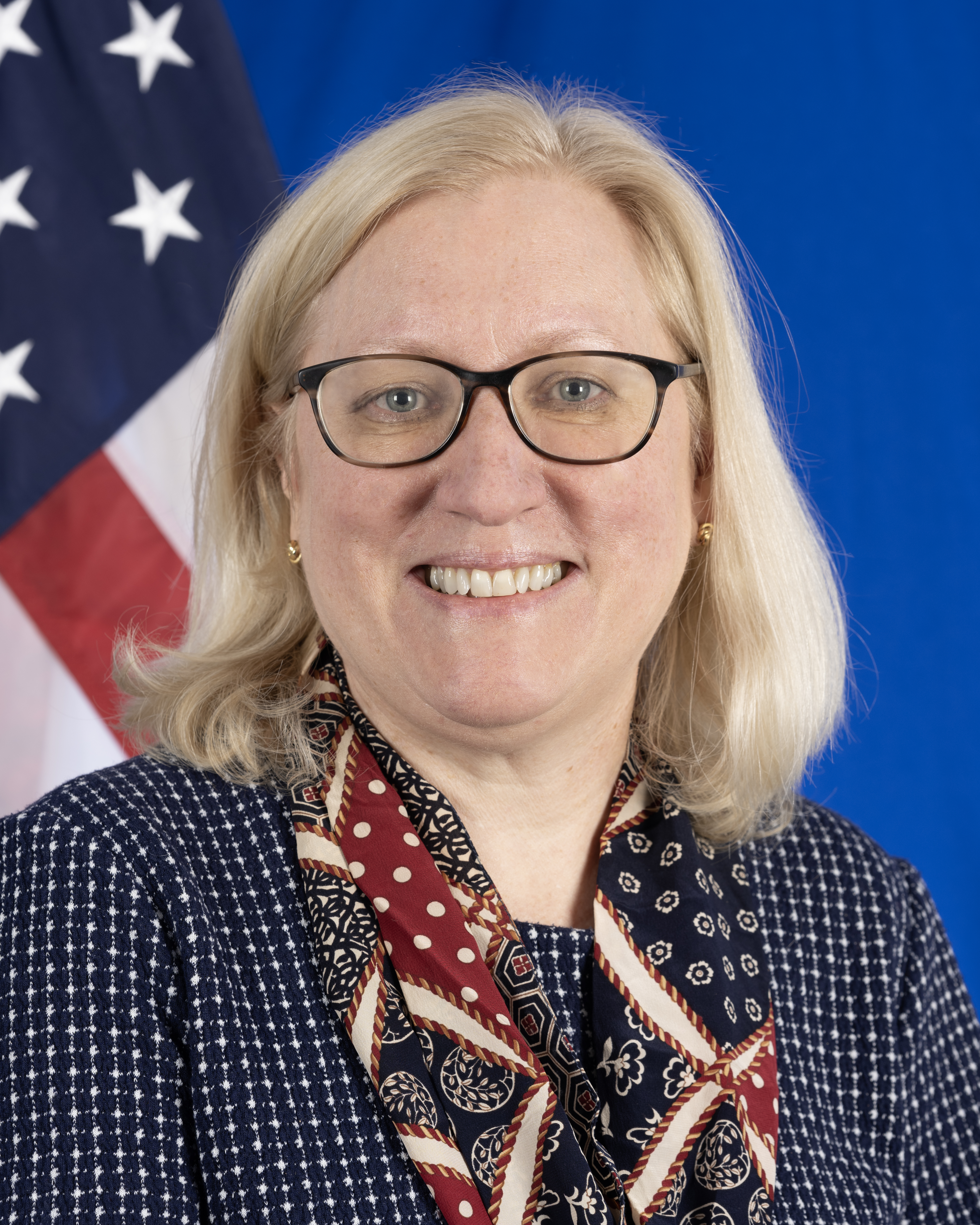Summer Work Travel Monitoring Report Released
Posted on Wednesday, April 5th, 2017 at 6:44 pm.By Nathan Arnold, Director of Press Relations for Educational and Cultural Affairs

Ocean City, Maryland police conduct a safety demonstration for J-1 participants working in the beach community.
This past summer, State Department monitoring teams visited 446 placement sites across 25 states in our efforts to monitor the health, safety, and welfare of participants. Along the way, we also stopped to listen, as J-1 participants shared with us ideas for continuing to improve the program. In total, our teams interviewed 1,582 J-1 students and 362 American host placement supervisors. The findings of these monitoring visits are now available in the 2016 Summer Work Travel Monitoring Report, including charts breaking down the findings, ranging from participant costs to hours worked to cultural activities in American communities.
What did we find out? Overall, J-1 participants expressed satisfaction with their experience in the United States. Of those J-1 participants interviewed, 97 percent reported being happy or somewhat happy with their program experience. Nearly 90 percent were happy with their sponsors. And 87 percent reported satisfaction with their housing. We also saw that opportunities to improve English-language proficiency matters to participants, as more than 90 percent of non-native English speakers said they were able to practice their English skills. This is a key reason that many participants say they want to work in the United States, and we are glad they are getting opportunities to improve their English.
We also found positive findings related to employer-arranged housing, transportation, and cultural activities. Pre-arranged housing for participants increased 12 percent from 2015, and there was a 25 percent increase in the number of participants who reported taking a shuttle or carpooling to work. This is especially important because of the potential risk to participants when they bike or walk along busy roads. Data also indicated high levels of sponsor employer communication.
There is always room for continued improvement, and we did find a few areas for future focus, including that sponsors should engage more with host employers and the community. Building direct, communicative relationships with J-1 participants, host employers, and the community will enable sponsors to be more efficient and enhance the program’s effectiveness as a public diplomacy tool that connects America to the world. We encourage you to read the entire report.
Categories: Program Spotlight
| About Rebecca Pasini Deputy Assistant Secretary for Private Sector Exchange | |

|
Rebecca A. Pasini joined the Bureau of Educational and Cultural Affairs as the Deputy Assistant Secretary for Private Sector Exchanges in July 2023. A career member of the Senior Foreign Service, Class of Minister - Counselor, Ms. Pasini has been an American diplomat since 1997.
Ms. Pasini previously served as the Director of Public and Congressional Affairs in the Bureau of Consular Affairs from 2021-2023. Other Washington assignments have included positions in the Bureau of Consular Affairs, the Bureau of Western Hemisphere Affairs, the Office of Foreign Missions, and as a liaison to the Department of Homeland Security. She has also completed multiple overseas tours, including as Minister Counselor for Consular Affairs in Islamabad, Pakistan, and as the Consular Chief in Rio de Janeiro, Brazil and Belfast, Northern Ireland. Other tours included Mexico City and Kuwait.
A Maryland native, Ms. Pasini has a Ph.D. in Political Science from Indiana University, a master’s degree in National Security and Resource Strategy from the Eisenhower School, National Defense University, and an undergraduate degree from Mary Washington College.
Categories
Flickr
 View more photos |


